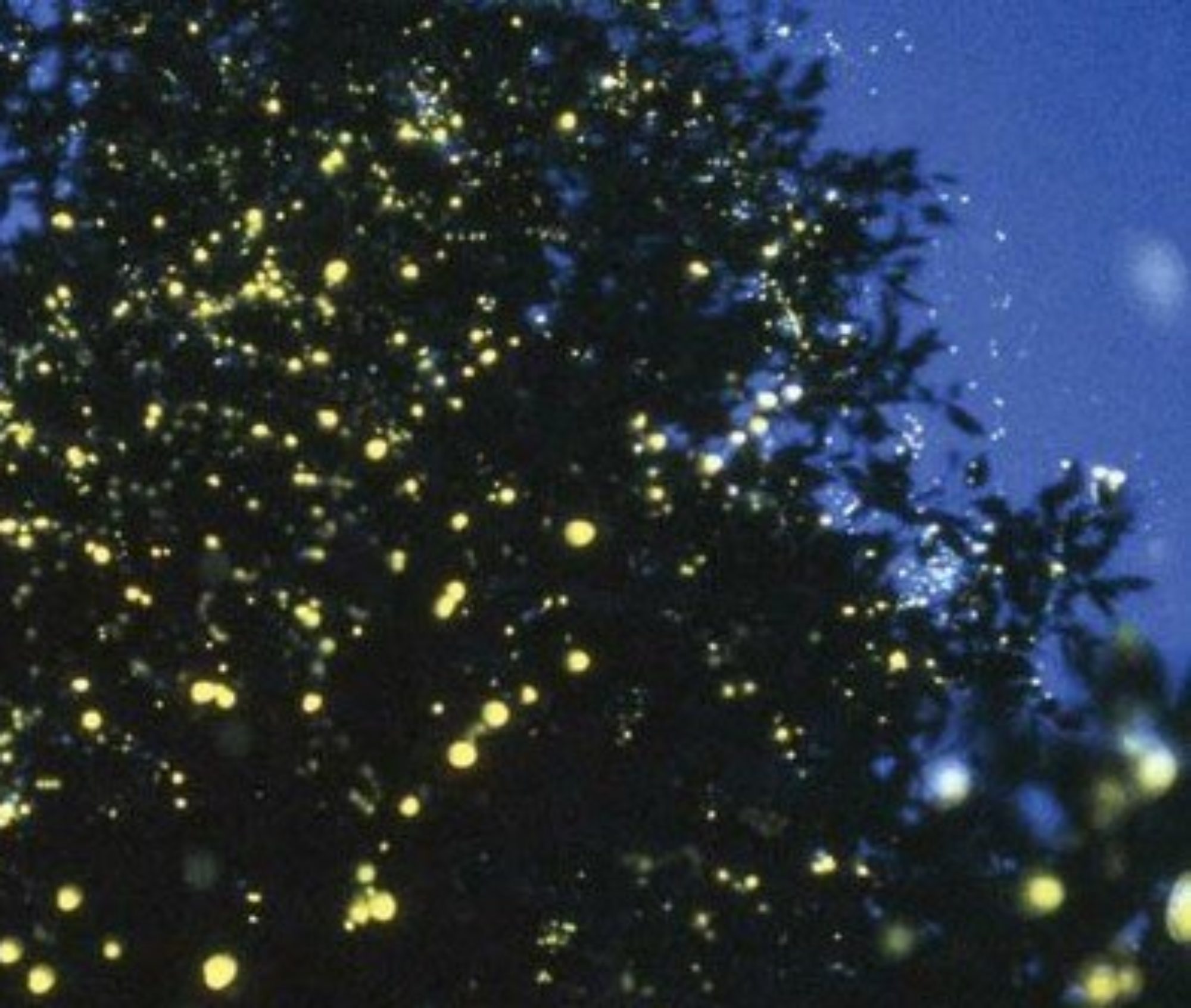Filled with lush descriptions, memorable characters, and vivid events, this historical fiction novel about the world-renowned vineyards of France is not to be missed.
You don’t have to be a wine aficionado to understand the nuances of the plot. Anyone who even pays half attention to wine or celebration will recognize the names of Moet and Cliquot right from the start.
(But just in case, those are two of the most famous brands of champagne available to this day).
Set in the late-1700s to 1800s, the story follows Nicole, the headstrong daughter of a vineyard owner in Reims, France. It’s not a spoiler to reveal that she becomes (shall we say) extremely involved in the wine-making process.
Her journey to get there, however, is not without heartache and lots of troubles.

Apple: http://ow.ly/z5VC50COWVv
Kobo: http://ow.ly/WhBi50COWRV
Google: http://ow.ly/Bsti50COX0l
In fact, from the very beginning in the prologue, the author does a fantastic job of melding fictional and non-fictional events and characters into a seamless, compelling, and emotional narrative.
It actually took me a bit longer to read this book than it normally would because I kept stopping to verify who was a real historical figure and who wasn’t. Some were obvious, some less so.
I liked the message of resilience that was woven through the story. It applied not only to Nicole’s situation, but to the grapes themselves. It’s hard to explain, but it worked for me because I saw the vineyards as an extension of her.
I don’t know if that’s what the author intended, but it’s how I read it.
I also particularly liked Natasha. I’ve mentioned how a Russian history class doomed my History major in college, but I remain fascinated with the historical aspect of the culture and people. I’d never given much thought to Russians living in France, or how they would have been impacted by the Napoleonic Wars.
As I have said before, I love learning new things from historical fiction novels. In this case, not only did I learn more about the above-mentioned national ties, but also more about winemaking in general. Fascinating stuff to me.
I was utterly charmed by this novel. Frankly, it was a nice break from WWII (which makes up much of my historical fiction reading). The author’s research was informative, and her writing talent made the vineyards of France come alive. I can’t wait to read more from her.
NOTE: This book was originally titled The Champagne Widow, so you might still find it listed as such on some sites.

TWITTER: @helenfripp
Author Bio:
Helen loves historical fiction, and in her writing, she’s fascinated by the women throughout history who have made their mark against all the odds. She finds researching the architecture, art and customs of the time really inspirational, and the tiniest detail can spark an idea for a whole chapter. Her female characters rail against the social constraints to which they are subject and often achieve great success, but they are of course flawed and human, like the rest of us. It’s the motivations, flaws, loves and every-day lives of her characters that she loves to bring life, against sweeping historical backdrops – and she will find any excuse to take off and research a captivating location or person for her next story.
Her first novel is set in the Champagne region in France, and she is currently working on her next one, set in late eighteenth-century Paris. She spent a lot of time in France as a child, has lived in Paris and spent a year with her family in a fishing village in South West France, so that’s where her books have ended up being set so far. Who knows where next!



